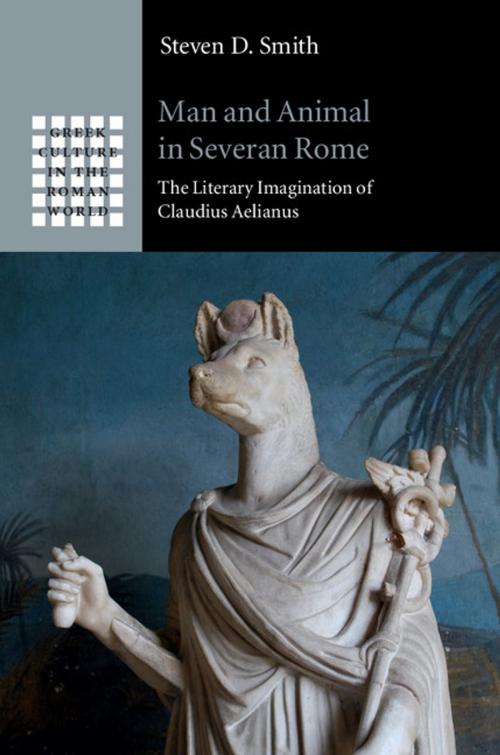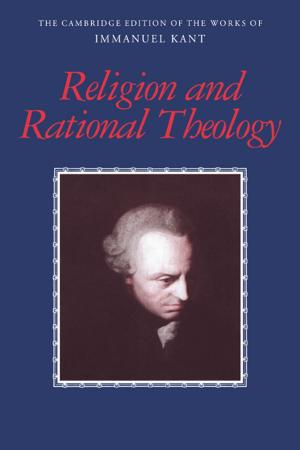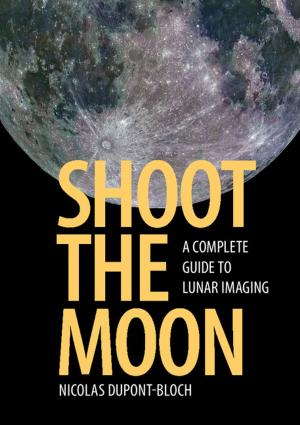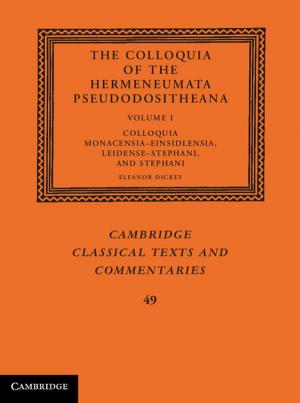Man and Animal in Severan Rome
The Literary Imagination of Claudius Aelianus
Nonfiction, History, Ancient History, Fiction & Literature, Literary Theory & Criticism| Author: | Steven D. Smith | ISBN: | 9781139985529 |
| Publisher: | Cambridge University Press | Publication: | July 24, 2014 |
| Imprint: | Cambridge University Press | Language: | English |
| Author: | Steven D. Smith |
| ISBN: | 9781139985529 |
| Publisher: | Cambridge University Press |
| Publication: | July 24, 2014 |
| Imprint: | Cambridge University Press |
| Language: | English |
The Roman sophist Claudius Aelianus, born in Praeneste in the late second century CE, spent his career cultivating a Greek literary persona. Aelian was a highly regarded writer during his own lifetime, and his literary compilations would be influential for a thousand years and more in the Roman world. This book argues that the De natura animalium, a miscellaneous treasury of animal lore and Aelian's greatest work, is a sophisticated literary critique of Severan Rome. Aelian's fascination with animals reflects the cultural issues of his day: philosophy, religion, the exoticism of Egypt and India, sex, gender, and imperial politics. This study also considers how Aelian's interests in the De natura animalium are echoed in his other works, the Rustic Letters and the Varia Historia. Himself a prominent figure of mainstream Roman Hellenism, Aelian refined his literary aesthetic to produce a reading of nature that is both moral and provocative.
The Roman sophist Claudius Aelianus, born in Praeneste in the late second century CE, spent his career cultivating a Greek literary persona. Aelian was a highly regarded writer during his own lifetime, and his literary compilations would be influential for a thousand years and more in the Roman world. This book argues that the De natura animalium, a miscellaneous treasury of animal lore and Aelian's greatest work, is a sophisticated literary critique of Severan Rome. Aelian's fascination with animals reflects the cultural issues of his day: philosophy, religion, the exoticism of Egypt and India, sex, gender, and imperial politics. This study also considers how Aelian's interests in the De natura animalium are echoed in his other works, the Rustic Letters and the Varia Historia. Himself a prominent figure of mainstream Roman Hellenism, Aelian refined his literary aesthetic to produce a reading of nature that is both moral and provocative.















